2023
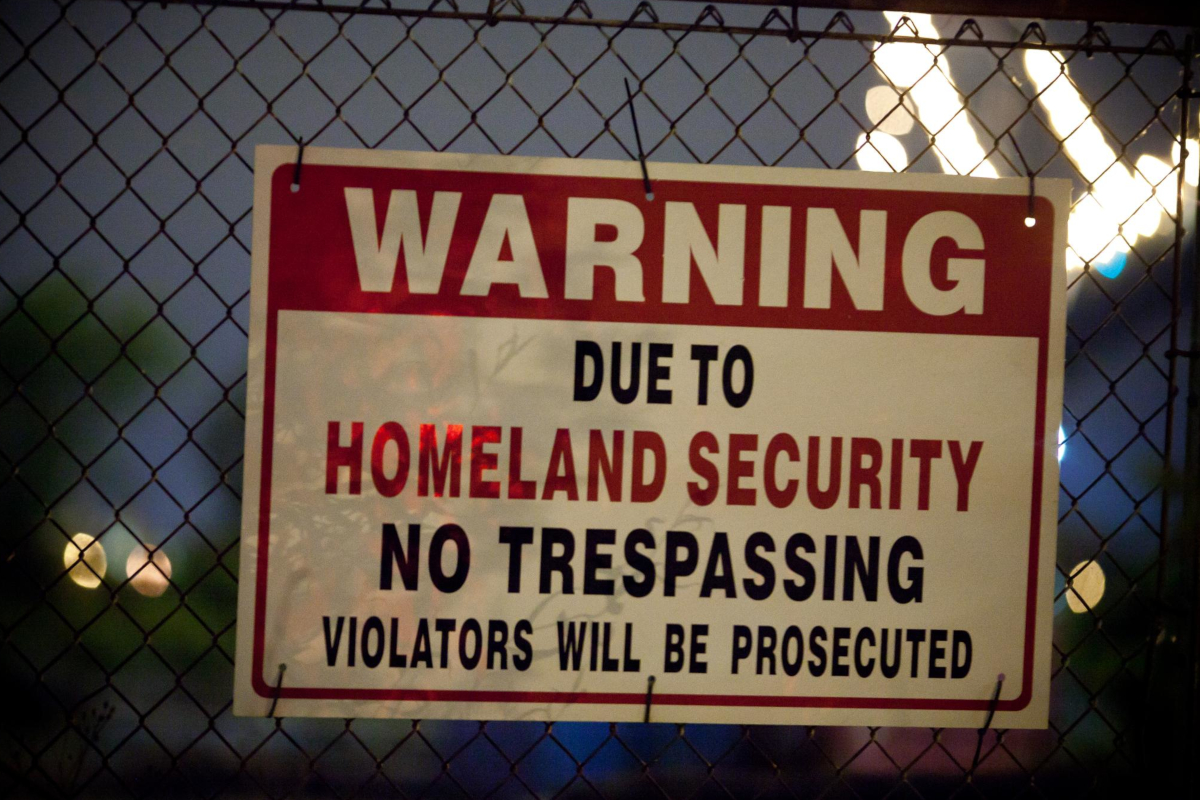
EU and USA plough ahead with secret discussions on biometric data exchange scheme
The EU and USA are discussing a proposed “Enhanced Border Security Partnership” which would involve “continuous and systematic” transfers of biometric data in both directions, but the Commission has refused to release documents that would provide further information to the public.

Tracking the Pact: Presidency's proposed negotiating position on force majeure Regulation; member state comments
On 26 July the Council Presidency circulated what it intended to be the Council's negotiating mandate on the proposed Regulation addressing situations of crisis and force majeure in the field of migration and asylum. Agreement within the Council on the text remains elusive, but it is being made public here, alongside previous versions of the text and compilations of comments from member states on various issues raised by the proposal.

Spanish Council Presidency: how can we use the diaspora population as leverage for migration control?
The EU should use policies on the diaspora population to step up pressure on third countries to cooperate with migration control, the Spanish Council Presidency has suggested, by “embedding discussions on diaspora relations in bilateral relations on migration with partner countries.”

Rights groups slam “nonsensical priorities” of EU Commission €15bn border wall boost following hottest month on record
Rights groups have hit back at the European Commission’s commitment to radically increase border spending in spite of multiple human rights scandals on Europe’s borders; and contrasted it to the lack of new support and finance for climate action following last month’s record heatwave.

European Commission wants to boost border spending by billions of euros
In June the European Commission proposed amendments to the EU’s budget for the 2021-27 period, arguing that existing finances are at “the point of exhaustion”. The changes sought by the Commission would increase the budget for “migration and external challenges” by €15 billion.

EU: Law enforcement data access demands could encompass any connected device
Law enforcement officials are meeting today and tomorrow in Logroño, Spain, to discuss "access to electronic communications and digital data as a premise for law enforcement." The Spanish Council Presidency published a discussion paper prior to the meeting, but a document obtained by Statewatch offers far more information on current plans.
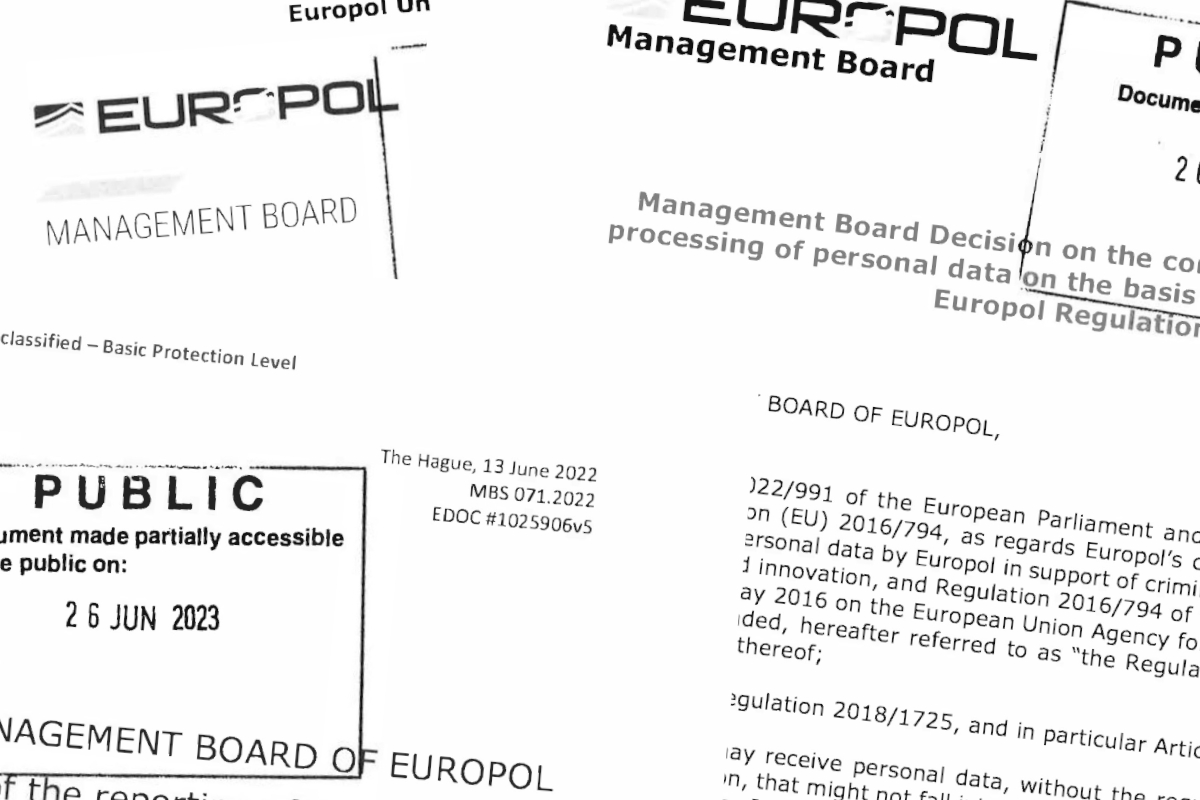
Key Europol documents only made public following access request
None of the decisions adopted by the policing agency's management board since the entry into force of the revamped Europol Regulation last summer were made public, in breach of Europol's own transparency commitments, until Statewatch filed an access to documents request.
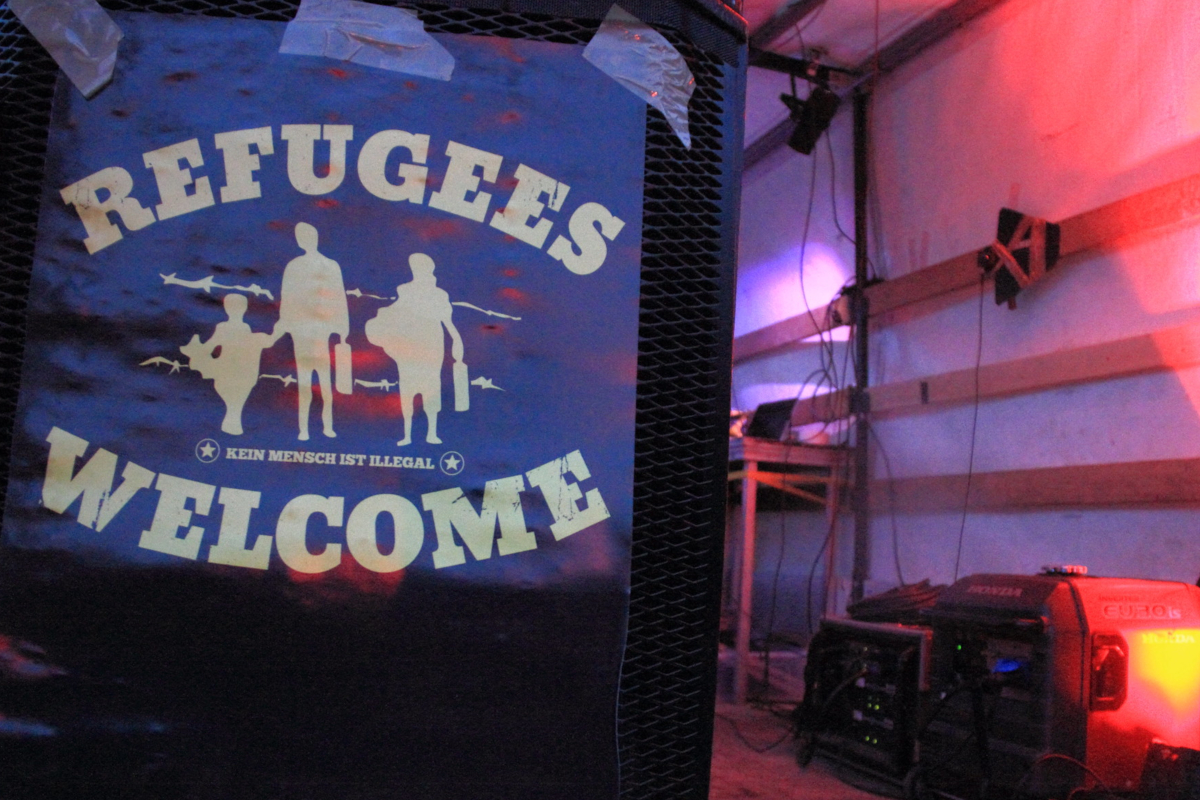
UK: Joint civil society statement on the passage of the Illegal Migration Act
A statement signed by representatives of almost 300 organisations from across the UK, including Statewatch: "We all deserve to live safe from harm. But this senselessly cruel Act will have a devastating impact on people’s lives. It turns our country’s back on people seeking safety, blocking them from protection, support, and justice at a time they need it most."
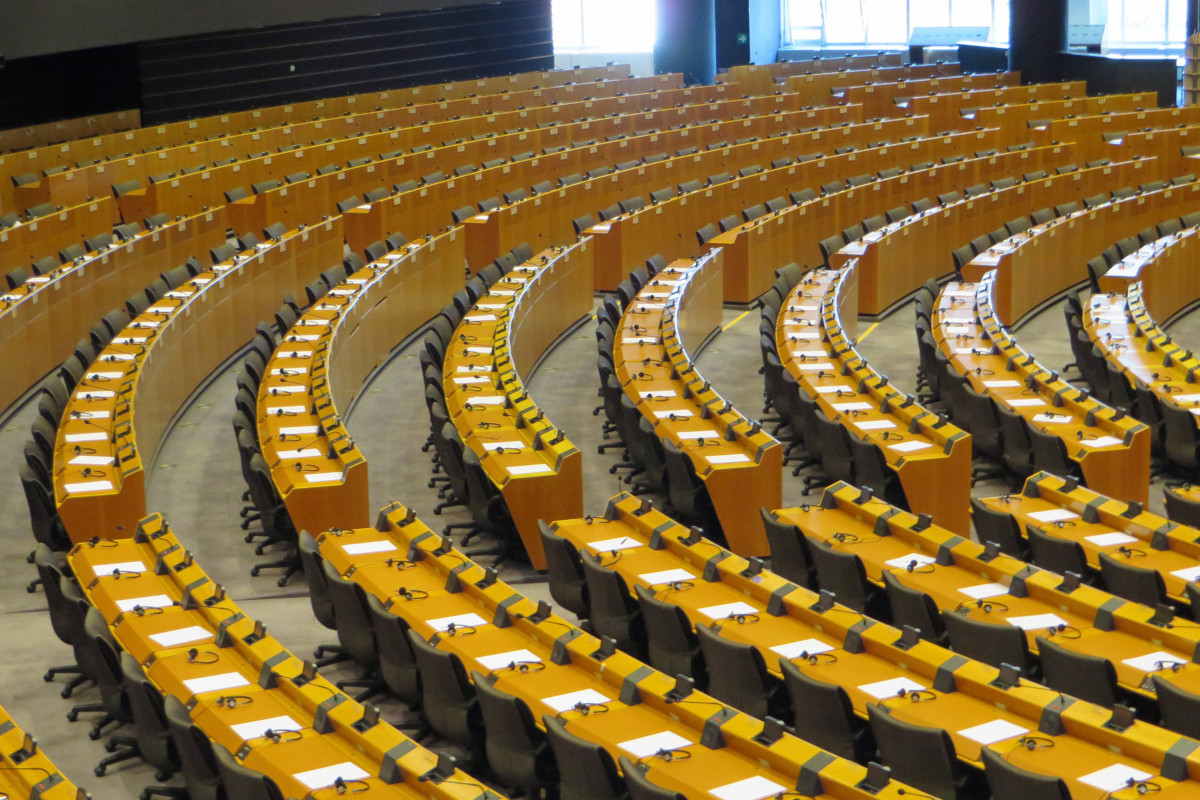
EU: Civil society calls for rights to be prioritised in secret AI Act "trilogue" negotiations
Secret negotiations between the Council of the EU, European Parliament and European Commission on the Artificial Intelligence Act have begun, more than two years after the legislation was proposed. A statement signed by more than 150 civil society organisations, including Statewatch, calls for fundamental rights to be put at the centre of the talks.

“PUSH BACK FRONTEX”: campaign in Senegal targets deployment of EU border agency
A campaign against the deployment of Frontex in Senegal is seeking to halt a proposed agreement between the EU and the West African state and to denounce “how the EU collaborates with our complicit regimes killing people in the Mediterranean and in transit countries.”

Europe’s techno-borders: digital infrastructure for migration control
A new Statewatch/EuroMed Rights publication analyses the past, present and future of Europe’s “techno-borders” – the extensive infrastructure of surveillance systems, databases, biometric identification techniques and information networks put in place over the last three decades to provide authorities with knowledge of – and thus control over – foreign nationals seeking to enter or staying in EU and Schengen territory.
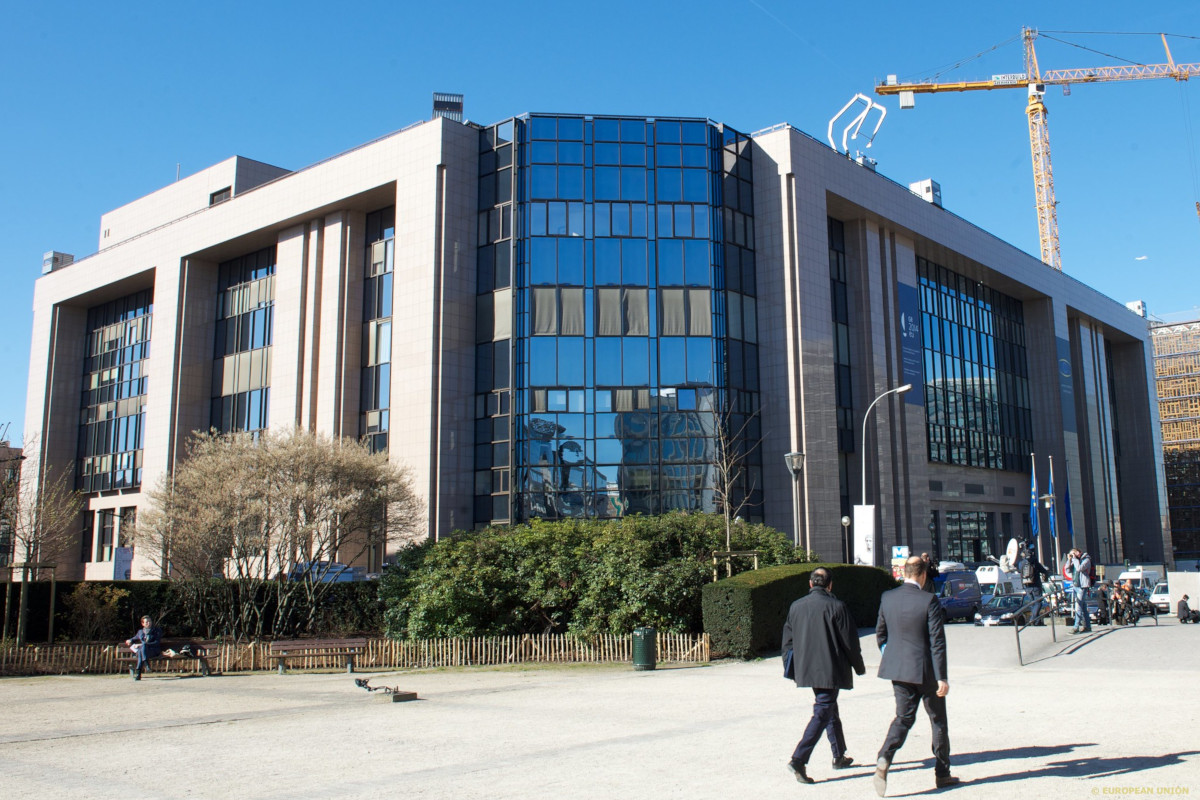
Tracking the Pact: Latest Council documents on the Long-term Residents Directive
The proposed recast of the Long-term Residents Directive aims at "attracting skills and talent to the EU."

New police data exchange rules will expand Europol's databases
A new EU law on the exchange of data between national law enforcement authorities entered into force last month. It is intended to harmonise existing rules, speed up exchanges of information, and will lead to an increased amount of data being shared with Europol.

Commission remains tight-lipped on Balkan deportation scheme
Earlier this year, Statewatch published a secret ministerial statement that committed EU and Schengen states to providing financial and material support for deportations from the Balkans. The European Commission recently answered a parliamentary question on the topic. The answer contains nothing of substance.

Not so interoperable: discussions underway to “decouple” launch of new EU border databases
Ongoing delays to the Entry/Exit System (EES) may mean the European Travel Information and Authorization System (ETIAS) is put into operation first, in a break with previous plans.
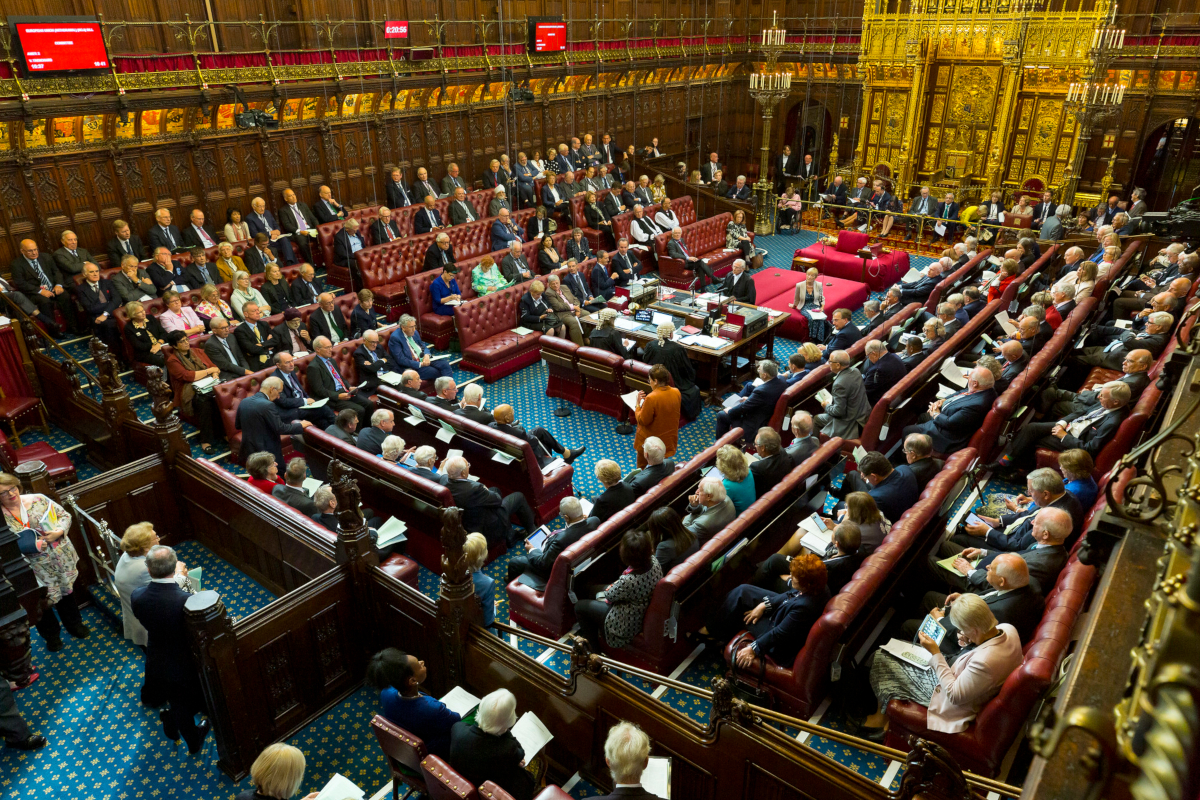
UK: Rights-destroying clause in Illegal Migration Bill must be removed
In its current form, the Illegal Migration Bill puts the duty to deport people - including children and victims of trafficking - above human rights and international law. The House of Lords has begun the next stage of scrutiny of the bill. A briefing to peers supported by over 50 organisations, including Statewatch, calls for the addition of a new clause that would prevent the provisions of the Bill taking precedence over the UK's human rights and international obligations.

UK: New campaign calls for action on state failures to respond to and prevent deaths
A new campaign challenging the lack of accountability, transparency and action on recommendations arising from investigations into preventable deaths launched yesterday.
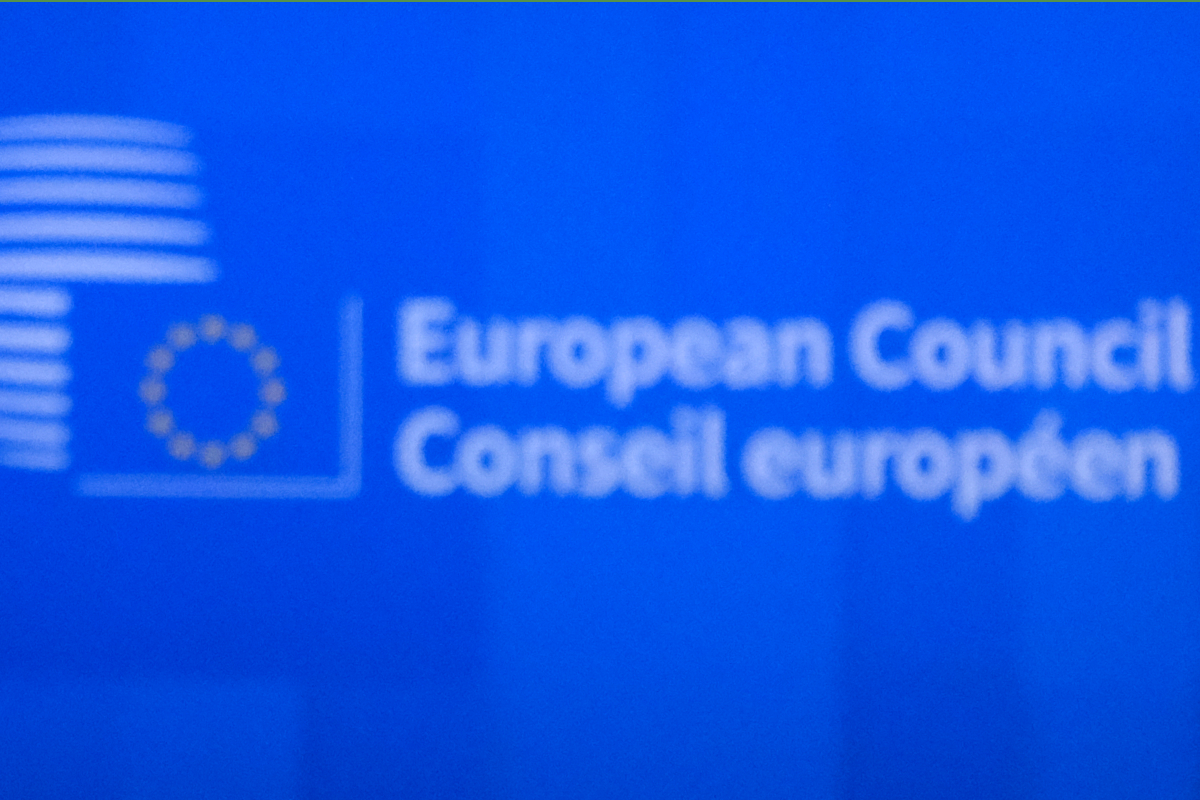
Pylos shipwreck: European Council prepares to shed crocodile tears
The European Council meeting later this week will express "its profound sorrow for the terrible loss of life as a result of the recent tragedy in the Mediterranean," at the same time as reiterating, for the umpteenth time, its commitment to "breaking the business model of traffickers and smuggling networks and to tackling the root causes of irregular migration." As a recent Europol report highlights, this model is in large part a creation of the EU and its member states. Meanwhile, a letter from Ursula von der Leyen demonstrates how much work is going in to expanding control, and how little to increasing the possibility of legal migration.
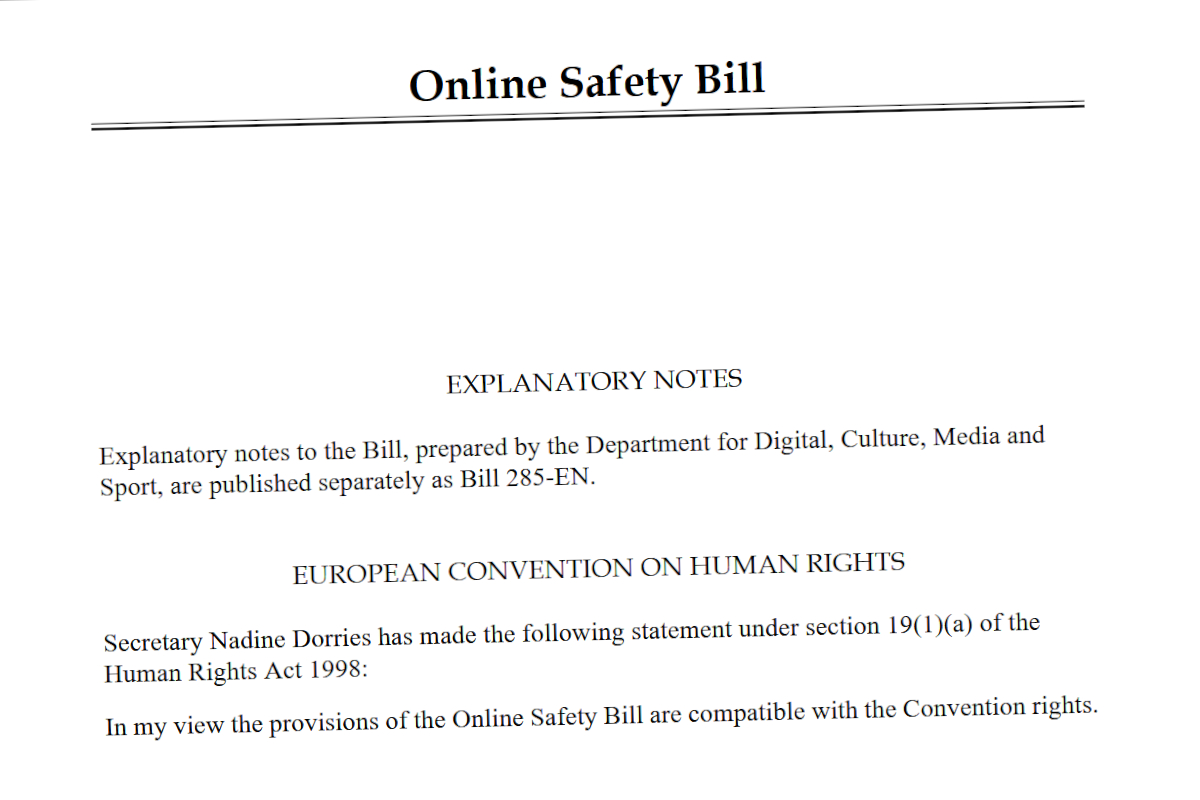
UK must protect global digital security and safeguard private communication
An open letter signed by over 80 civil society organisations, including Statewatch, is calling on the UK government to protect digital security and private communications by removing provisions from the Online Safety Bill that would require communications service providers to add "backdoors" to encrypted messaging services, undermining safety for all.
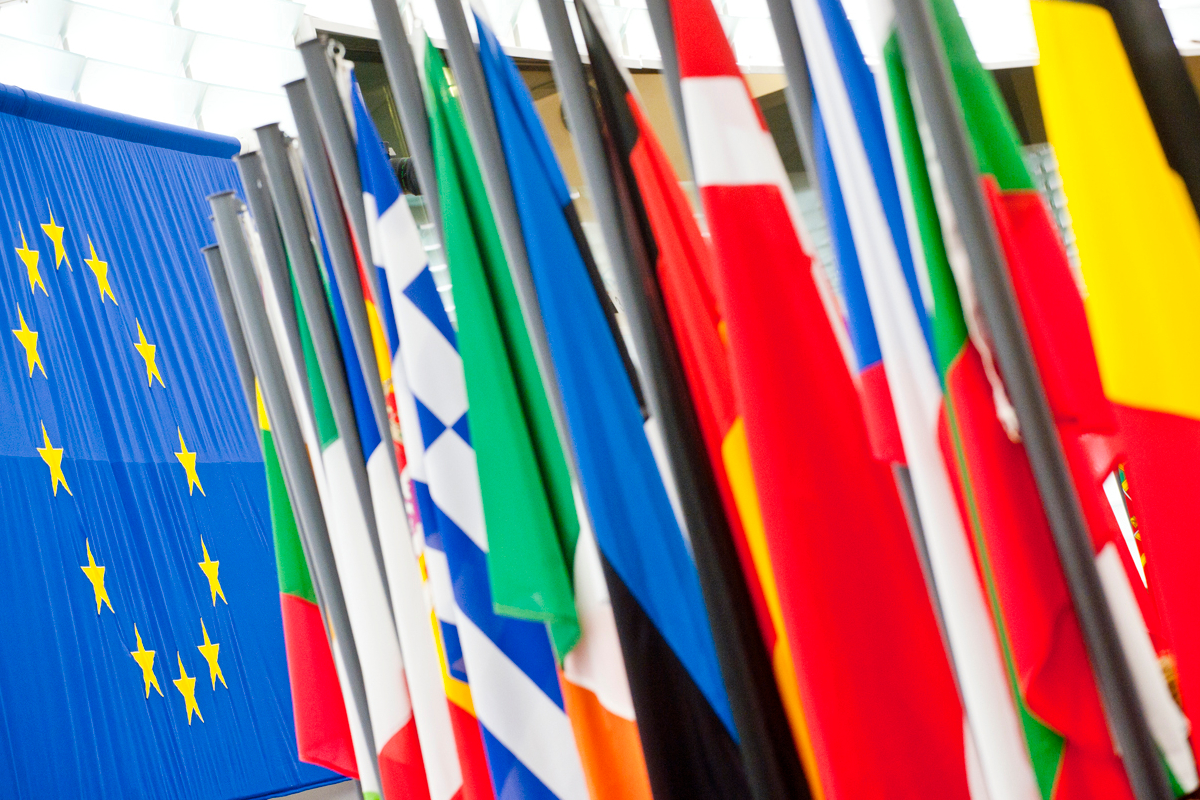
Tracking the Pact: New Presidency proposals on "solidarity and support measures in a situation of crisis or instrumentalisation"
The latest Council Presidency compromise text of the Crisis and Force Majeure Regulation includes new provisions on "solidarity and support measures in a situation of crisis or instrumentalisation," and changes to the proposals on the notification and authorisation procedures for member states deemed to be facing a migration "crisis" or the "instrumentalisation of migration".
Spotted an error? If you've spotted a problem with this page, just click once to let us know.